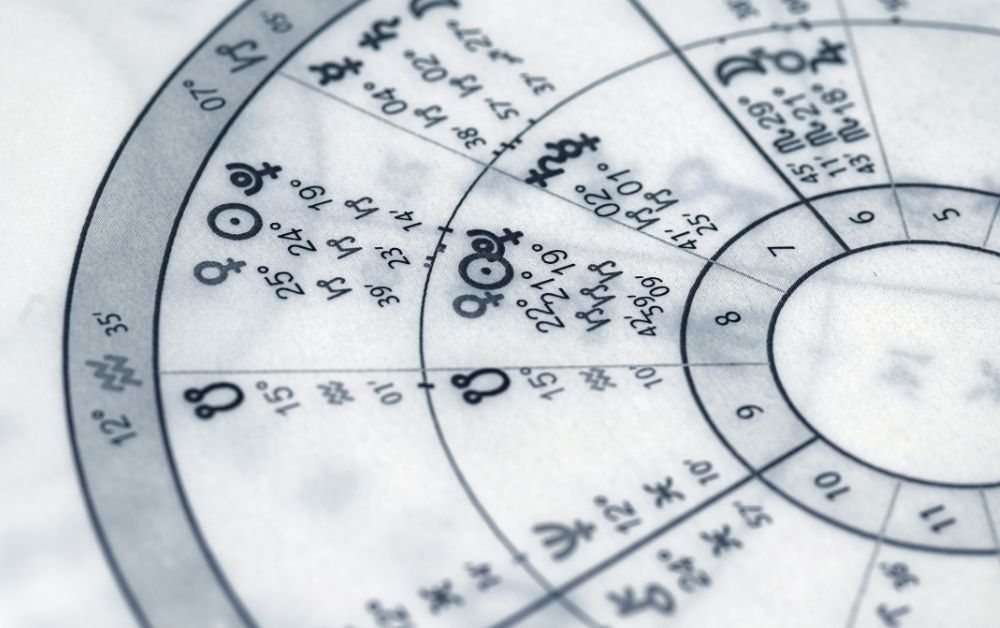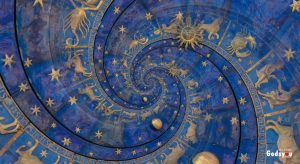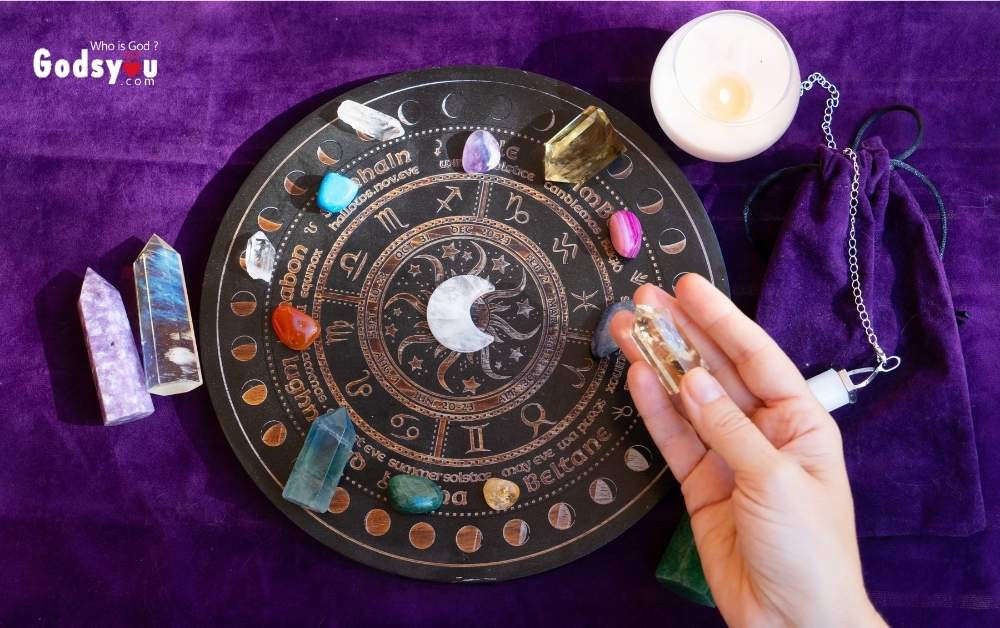Astrology has fascinated humanity for thousands of years. From ancient civilizations gazing at the night sky to modern individuals seeking guidance in daily horoscopes, the idea that celestial bodies influence human lives remains compelling. But how deeply does astrology truly impact fate? Is our destiny written in the stars, or do we shape it ourselves?
In this article, we explore astrology’s role in understanding fate, the planets’ symbolic power, and whether cosmic alignments truly direct the course of our lives.
Understanding Fate Through an Astrological Lens
Fate, often defined as a predetermined course of events, has long been intertwined with astrology. In many cultures, birth charts (natal charts) are used to interpret the positions of planets and stars at the time of birth. According to astrology, these cosmic placements shape aspects of our personality, relationships, career paths, and even challenges we may face.
Astrology doesn’t claim to remove free will—it highlights energetic patterns and life themes. Think of it as a celestial blueprint, not a rigid life script.
The Role of Birth Charts in Shaping Life Paths

Your birth chart—a map of where the planets were at your time of birth—serves as the foundation of astrological insight. Each planet represents a different aspect of life:
- Sun: Core identity and purpose
- Moon: Emotional world and intuition
- Mercury: Communication and thought
- Venus: Love and beauty
- Mars: Drive and ambition
- Jupiter: Growth and luck
- Saturn: Discipline and karmic lessons
The twelve zodiac signs color these planetary energies, while the twelve astrological houses determine where these energies manifest—such as relationships, career, or spirituality.
Astrologers believe that understanding this chart provides insight into your potential, tendencies, and possible future experiences.
Can Astrology Predict Fate?
Astrology doesn’t predict fixed events—it identifies probable trends and influences. For instance, a person may be astrologically inclined toward artistic expression or entrepreneurship, but whether they pursue those paths depends on choice and effort.
Transits (current planetary movements) and progressions (a symbolic method of chart evolution) can indicate times of opportunity, change, or introspection, but they don’t dictate exact outcomes.
In essence, astrology helps individuals prepare for potential cycles rather than control their future.
Astrology and Free Will: Partners, Not Opponents
One of the biggest misunderstandings about astrology is the belief that it removes personal agency. In reality, astrology and free will can coexist harmoniously. Astrology shows the weather forecast of life, but you still choose whether to carry an umbrella.
Recognizing supportive and challenging planetary influences, you can consciously respond rather than react. Astrology empowers people to live with intention, not resignation.
Karma and Fate: A Spiritual Perspective

In spiritual traditions, astrology is often linked to karma—the idea that past actions shape present circumstances. Specific placements in a chart (such as Saturn or the South Node of the Moon) are believed to reveal karmic patterns or lessons carried into this lifetime.
Understanding these placements can help you heal old wounds, break limiting cycles, and evolve spiritually, suggesting that fate is not a sentence but a guidepost.
How to Use Astrology to Align with Your Path
If you want to use astrology as a tool for spiritual and personal growth, consider these practices:
- Get a Professional Natal Chart Reading: A skilled astrologer can provide deep insight into your life themes and potential.
- Track Lunar Cycles: The moon’s phases influence emotions and timing. New moons are great for beginnings, while full moons support release.
- Observe Planetary Transits: Know when significant planets are influencing your chart to align your actions wisely.
- Journal Your Observations: Document your feelings and events during certain transits to see how astrology plays out in real life.
- Use Astrology Mindfully: Let astrology serve as a compass, not a cage.
Destiny Is Dialogue, Not Dictation
Astrology offers a sacred dialogue between the cosmos and the self. It doesn’t impose a destiny upon you—it invites you to dance with universal rhythms. While the stars may illuminate your path, you are the one who must walk it.
So, can astrology shape fate? It influences it, perhaps—but the final masterpiece of your life is still being painted by your hands, with the stars offering light along the way.
Explore More Spiritual Insights
Ready to uncover more about your spiritual path, astrology, and inner truth? Keep exploring at GodsYou.com for more empowering reads and soulful tools.







